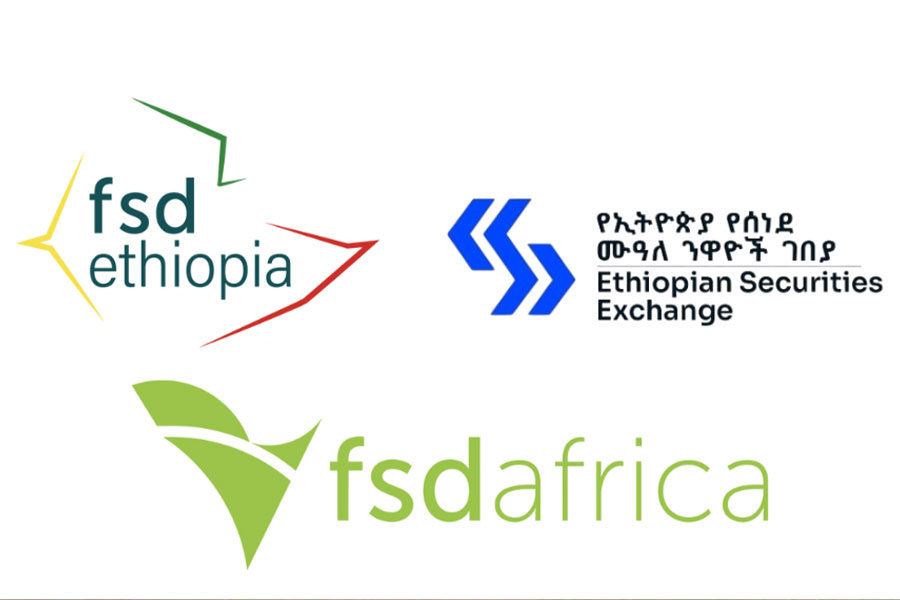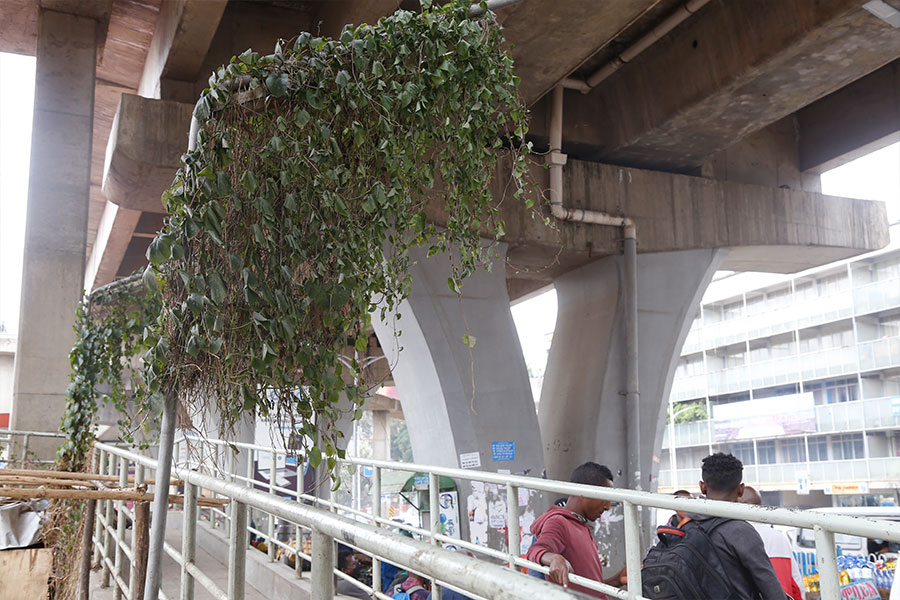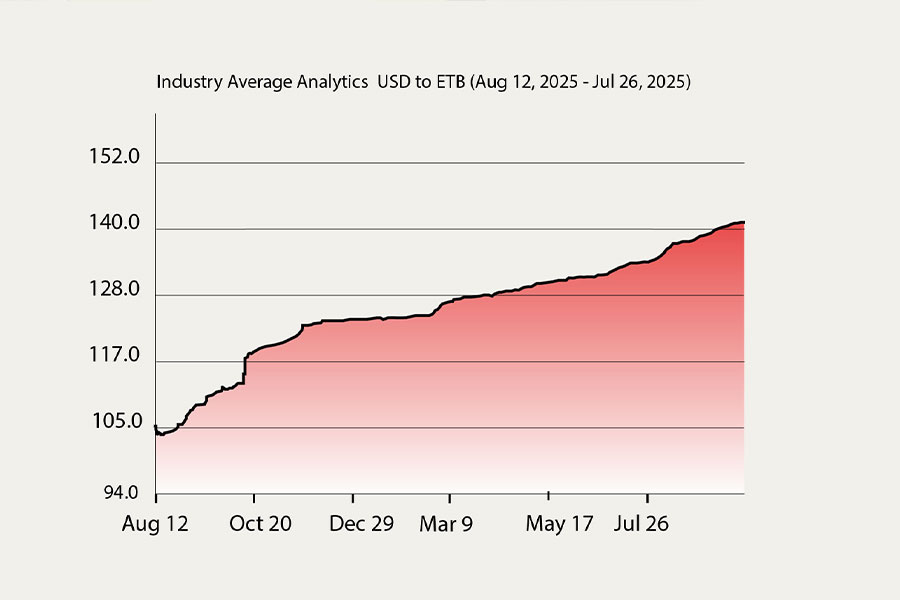
Radar | Apr 01,2024
May 29 , 2021.
Those entrusted with public office may love throwing events; but, no one is doing it as enthusiastically and glamorously as the Ethio telecom.
Its first-ever female Chief Executive Officer (CEO), Frehiwot Tamiru, has spent the past few months hopping from city to city and towns - with Dire Dewa being the latest - to unveil 4G LTE services. She is usually joined by country office managers from Huawei, the Chinese technology firm position to become a leading telecommunications infrastructure provider to Ethiopia. Perhaps, her biggest bet on the company came earlier this month, when Telebirr, a mobile money service app, was launched.
It is not just the events and lavish launching ceremonies, though. Over the past three years, the state telecom monopoly has introduced a range of products and services, including an airtime credit where the recharge data of users is appraised automatically. It also cut its tariff when inflation was biting across the country and engaging with its users far more frequently than it used to.
What suddenly fired up Ethio telecom from a disinterested public monopoly to an ambitious disrupter?
Its rather young and ambitious CEO has turned a page or two from the books of the financial sector. When it opened up for domestic competition in the mid-1990s, executives of the gigantic Commercial Bank of Ethiopia (CBE) were little prepared. They had thought long years under the state`s ownership, size and capital would shield them from the onslaught awaiting them. They were proven wrong.
Frehiwot and her executives face far more unmerciful competition from international competition with the liberalisation of the telecom sector. The threat of liberalisation and the potential digitisation policy aimed at powering the economy pushing her to swim rather than sink with an old vessel. Unless oiled and greased to cruise with speed and agility the ship sailing in the same water, she might have realised it a matter of time before the vessel she is captaining will indeed fall in the deepest surface of the market.
To the credit of Prime Minister Abiy Ahmed`s (PhD) administration, so much has changed over three years to reposition the market. Over the past three years, the Ethiopian Communications Authority (ECA) was reestablished while electronics transactions legislation was put in place, allowing public and private institutions to offer services digitally. The National Bank of Ethiopia (NBE) has allowed local non-financial institutions to offer mobile banking solutions. It has been one open-up and policy reform upon another.
The fruits have been visible. Mobile payment transactions have grown, streaming services have come onto the scene, the commercial industry is beginning to move online, and taxi-hailing and delivery companies are innovating new products and services as they rush to sign on more users and building communities around their hubs.
The biggest boost to the telecom market has come with liberalisation.
It is a move that threatens to rival the unquestioned monopoly of Ethio telecom, which enjoys monopoly over anything and everything telecommunications since 1894. It is not just the over 40 million subscribers that depend on it. Its monopoly on infrastructure is the entire digital ecosystem and everything else that runs on it.
Admittedly, Abiy`s administration has baulked at fully liberalising the telecom sector, having limited digital financial services to domestic firms and restricted investments from independent cell tower companies. The former rule means that the international consortium, Global Partnership for Ethiopia (GPE), which eventually won one of two telecom licenses, will not introduce mobile money services any time soon. The latter restriction forces the company to use Ethio telecoms already installed infrastructure, for a price.
But it is a positive start that should be welcomed. No doubt, the road towards liberalisation has been everything but bumpy. The restrictions that advantage Ethio telecom over potential rivals - which the Prime Minister promises will be lifted soon - has led to offers much lower than initially expected. It has pushed the administration to cancel the only other offer, for 600 million dollars, it had received. It is also unclear to what extent Western economic sanctions and restrictions will affect the country’s ambition for digital takeoff, as the United States has given half a billion dollars to the consortium, which Safaricom Plc leads.
Still, the news is massive. The consortium will buy the license fee for 850 million dollars. More consequential will be its plans for future investments, where it pledges to spend eight billion dollars over the next decade. It will significantly impact access to digital services, creating productivity gains for businesses through better connectivity and hopes to impact a million jobs.
The enthusiasm for the telecom industry parallels that of the brewery industry beginning about a decade ago when foreign players began to flood the market, albeit at a smaller scale. It impacted the lives and livelihoods of 62,000 farmers in the malt-barley production value chain, investments in bars and restaurants, revolutionised product marketing, brought in 1.5 billion dollars in foreign direct investment over half a decade and contributes over five billion Birr annually to state coffers through taxes.
Competition in the telecoms industry could do the same for the economy but on steroids.
Unfortunately, if there is one thing that has been a constant of policymaking and governance in Ethiopia, it is the ability to muck up a good thing. The digital space, at the moment, has new energy. Many of its players are young, and there is a modest but promising ecosystem of digital startups. There is also a global enthusiasm for greater digital coverage and innovations – capital is not as forthcoming, but pieces of training for digital startups are a dime a dozen these days.
Most important is perhaps that the telecoms sector is largely unsullied with the sort of administration that has bogged down growth in other areas of the economy. Hopefully, this will not continue for long, and policymakers today have the responsibility to help the sector avoid bottlenecks that have brought other industries - such as construction - to their knees.
One overarching issue is active and flexible governance, which could be learnt from the construction industry. Take, for instance, the constant disruptions related to cement supply. Half of the time, the authorities does have little insight into what is happening or which hole to attempt to seal. Its responses are contradictory and even worsens hoarding and illicit trading when price ceilings are placed.
The construction industry is also a living lesson on how deeply rooted corruption becomes when transparency and competition disappear. The meddling involvement of the state policing the supply chain beyond regulatory oversight has put prescriptions sending the patient back to the coma. Forget major projects like dams or roads, where millions of Birr could not be accounted for. Owners of small and medium enterprises under job creation programmes can only dream of being awarded contracts for the tiniest of work, such as part of a drainage system of a building, if they have greased the palms of local bureaucrats. This serves as a sobering entry into the construction industry for engineering professionals fresh out of school.
Perhaps the most important lesson federal agencies such as the Ministry of Innovation & Technology and the Communications Authority can take is that private players get crowded out in the face of a monopolising public sector. Take here the overwhelming advantages of Ethio telecom against competitors such as mobile operators that lack the network effects and necessary starting firepower to build on an economy of scale. It may not serve as a deterrent for players that come into the market with massive capital and decades of experiences, such as the Safaricom-led consortium. Still, it certainly complicates life for local players that are trying to break in.
This includes banks attempting to compete in the mobile money sphere, despite boasting a much more modest reach and experience in the field.
Telecom liberalisation also augurs consumer sovereignty, allowing market players to compete for users and support Ethiopia’s digitisation process. This would be hard to do with a policy framework that advantages Ethio telecom over its competitors. The administration needs to make good on its promises and allow the old monopoly to compete with other players. The alternative is that, while state coffers continue to grow, the telecoms sector will suffer.
PUBLISHED ON
May 29,2021 [ VOL
22 , NO
1100]

Radar | Apr 01,2024

Radar | Feb 05,2022

Radar | Apr 24,2021

Radar | Apr 13,2025

Viewpoints | Oct 30,2021

My Opinion | Oct 30,2021

Radar | Jul 11,2021

Radar | Jan 07,2022

Editorial | Jan 15,2022

Money Market Watch | Oct 05,2025

Photo Gallery | 178497 Views | May 06,2019

Photo Gallery | 168695 Views | Apr 26,2019

Photo Gallery | 159505 Views | Oct 06,2021

My Opinion | 137080 Views | Aug 14,2021

Dec 22 , 2024 . By TIZITA SHEWAFERAW
Charged with transforming colossal state-owned enterprises into modern and competitiv...

Aug 18 , 2024 . By AKSAH ITALO
Although predictable Yonas Zerihun's job in the ride-hailing service is not immune to...

Jul 28 , 2024 . By TIZITA SHEWAFERAW
Unhabitual, perhaps too many, Samuel Gebreyohannes, 38, used to occasionally enjoy a couple of beers at breakfast. However, he recently swit...

Jul 13 , 2024 . By AKSAH ITALO
Investors who rely on tractors, trucks, and field vehicles for commuting, transporting commodities, and f...

Oct 25 , 2025 . By YITBAREK GETACHEW
Officials of the Addis Abeba's Education Bureau have embarked on an ambitious experim...

Oct 26 , 2025 . By YITBAREK GETACHEW
The federal government is making a landmark shift in its investment incentive regime...

Oct 29 , 2025 . By NAHOM AYELE
The National Bank of Ethiopia (NBE) is preparing to issue a directive that will funda...

Oct 26 , 2025 . By SURAFEL MULUGETA
A community of booksellers shadowing the Ethiopian National Theatre has been jolted b...